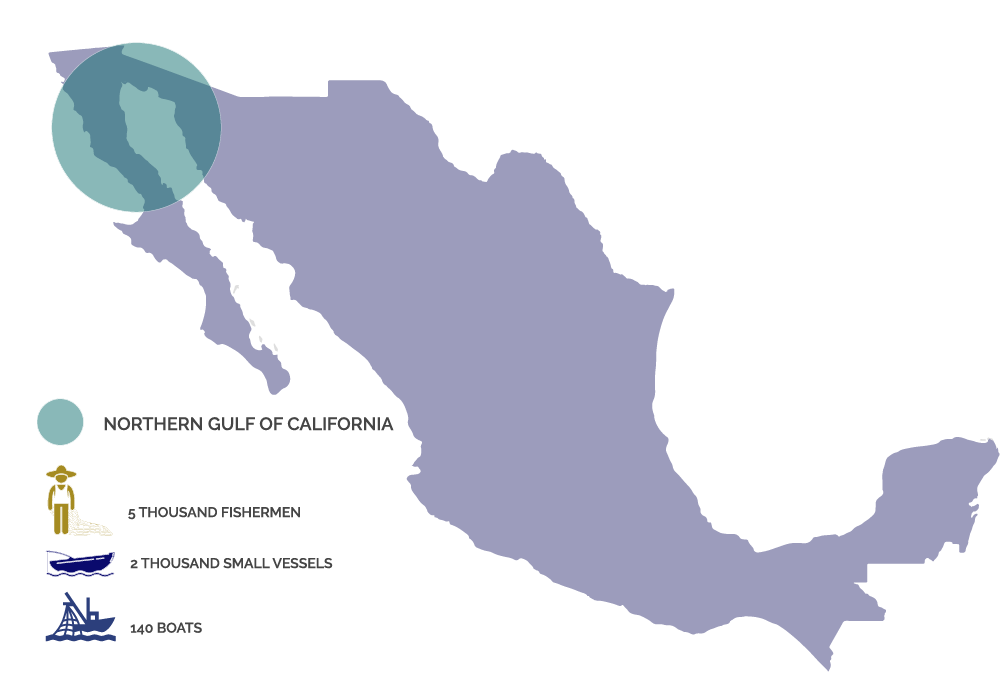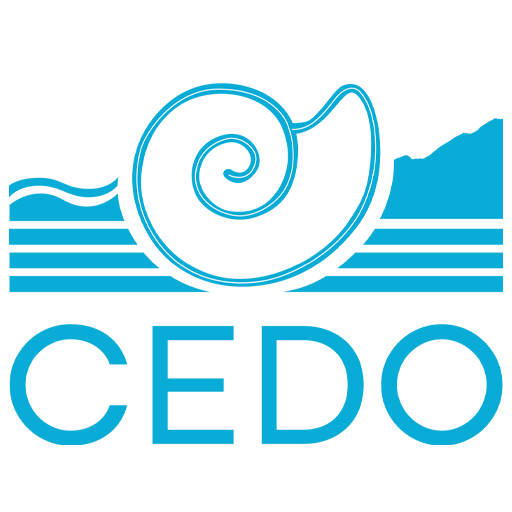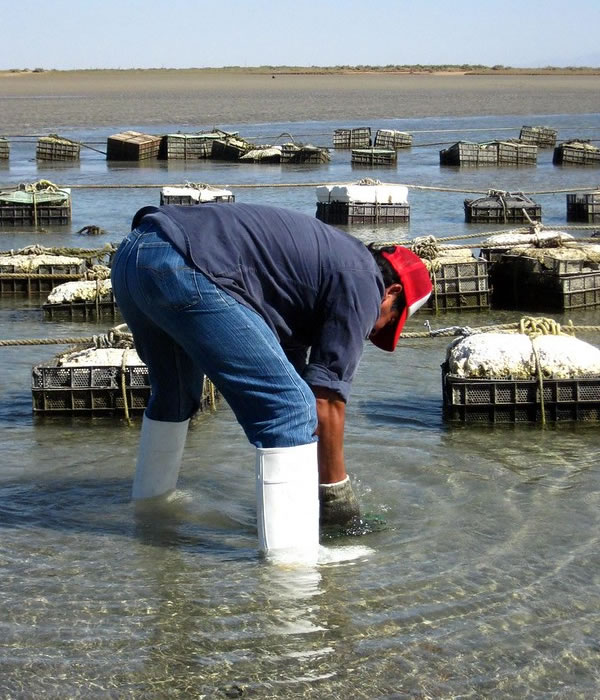CHAMPIONING SUSTAINABLE FISHERS: CEDO’S GUIDING ROLE
Sustainable Fisheries and Aquaculture
Driving positive change in the regional and national fisheries sector, CEDO Intercultural sets an ambitious goal: seeing a third of annual commercial fishing production adopt sustainable practices through fisheries improvement projects, social responsibility, and fair-trade certifications.
For decades, CEDO has diligently studied and understood the region’s complex sociobiological fishing dynamics. This deep knowledge fuels our efforts to:
- Restore vital commercial fishing resources like sea snails and spiny oyster scallops.
- Promote ecosystem-based management models that ensure long-term fish stock health.
- Develop and implement environmental impact assessments in protected areas.
- Collaboratively design regional fisheries management proposals for responsible governance.
Our Extensive Experience Showcases the Undeniable Benefits of Sustainable Fishing:
CEDO Intercultural is more than just an advisor; we are a champion and driving force for sustainable fisheries. Through knowledge sharing, collaboration, and innovative approaches, we empower the regional and national fisheries sector to embrace a brighter, more sustainable future.
CEDO Intercultural is more than just an advisor; we are a champion and driving force for sustainable fisheries. Through knowledge sharing, collaboration, and innovative approaches, we empower the regional and national fisheries sector to embrace a brighter, more sustainable future.
Economically: By ensuring healthy fish stocks and responsible practices, fishing communities secure long-term economic stability.
Socially: Ethical and responsible fishing practices uphold fair wages, working conditions, and community well-being.
Environmentally: Sustainable practices maintain healthy ecosystems, ensuring their continued bounty for future generations.
Our Goals:
- Demonstrate the economic advantages of practicing recommendations generated from the fisheries management regulations for the Peñasco-Lobos Biological Fishing Corridor.
- Promote the management of the Upper Gulf of California, and continue to manage the adoption of results and recommendations resulting from the official and voluntary regulatory frameworks.
- Promote cooperation for marine and coastal conservation, effective fishing activity regulations, ending overfishing and illegal, unreported, and unregulated fishing, and cessation of destructive fishing practices at all levels.
- Facilitate new economic mechanisms, value chains, and traceability that benefit artisanal fishermen and ecosystems, in particular through sustainable management and promotion in fisheries markets, sustainability standards (FIPs and MSC).
- Promote productive diversification.

The northern Gulf of California is one of the most productive fishing regions in the world, due to the complex interaction of oceanographic, physiographic and biological processes.
This activity supports nearly 5,000 fishermen who operate 2,000 small vessels and 140 boats, and is focused on 16 priority fisheries that include more than 50 target and secondary species.
In sport fishing, there are 16 main species that are sought out, which include:
- Gulf Grouper Mycteroperca jordani.
- Leopard Grouper Mycteroperca rosacea.
- Spotted Grouper Epinehelus analogus.
- Giant Sea Bass Pescado Stereolepis gigas.
- Amarillo Snapper Lutjanus argentiventris.
- White Sea Bass Atractoscion nobilis.
- Goldspotted Sand Bass Paralabrax aurogutus.
Ability to do bivalve mollusks aquaculture including:
- Japanese oyster Crassostrea gigas.
- Smooth Venus Chione fluctifraga.
- Pacific Geoduck Panopea generosa.
- Catarina Clam Argopecten circularis.
- Dosinia Clam Dosinia ponderosa.
- Giant Lion’s Paw Lyropecten (Nodipecten) subnodosus.
- Frilled Venus Chione undatella.
- California Venus Chione californiensis.
- Mexican Chocolate Clam Megapitaria squalida.
- Red Clam Megapitaria aurantiaca.
- Rugosa Pen Shell Pinna rugosa.
- Pen Shell Atrina Maura Atrina maura.






